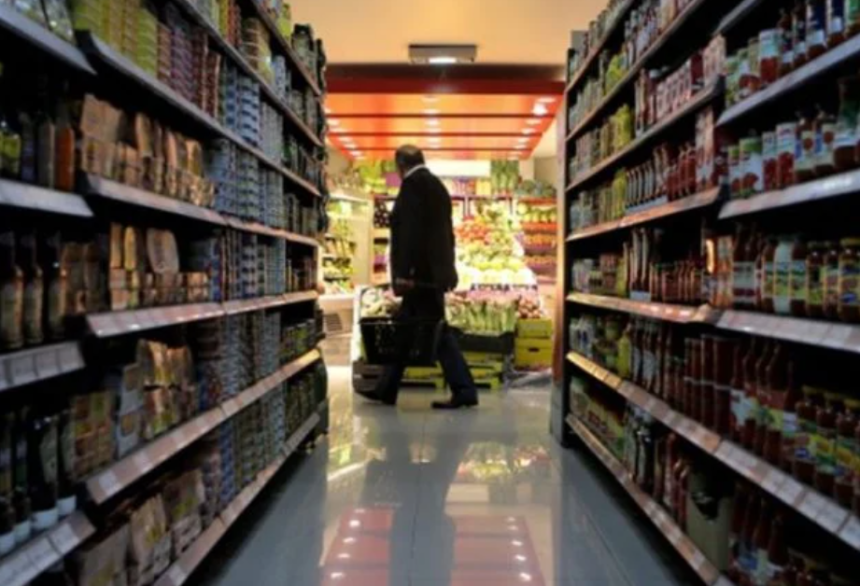As in years past, Lebanon’s labour unions have begun mobilising with renewed calls for raising the minimum wage. This time, their case centers on the rise in food prices, particularly during the fasting seasons of both Christian Lent and Ramadan. Union leaders argue that surging prices have left many families unable to afford traditional fasting staples, exacerbating already dire living conditions.
LIMS contends that these seasonal price spikes are driven primarily by surging consumer demand—not supply shortages. In normal conditions, markets respond to temporary demand shocks by importing additional goods to stabilise prices. However, this year’s overlap of fasting seasons with regional consumption peaks and the global inflation made such adjustments more difficult. LIMS cautions against calls for the Ministry of Economy to impose price controls, warning that they have historically lead to chronic shortages and the emergence of black markets. The Ministry of Economy’s focus should be placed on the bloated public monopolies in electricity, telecommunications, and aviation. These state-run sectors, long shielded from competition, have become a major source of the cost of living in Lebanon. Addressing these bottlenecks would improve service quality, reduce costs across the board, and ultimately ease the pressure on household budgets without distorting the market.
On the wage front, LIMS warns that Lebanon’s economy, still mired in contraction, simply cannot absorb an increase in the minimum wage. While the cost of living has undoubtedly soared, most private firms are still struggling to stay afloat—many have already shut down or dramatically downsized. Since 2018, GDP per capita has plummeted from approximately $700 per month to just $475, a drop of nearly 60%. Raising wage floors in this environment would likely force further layoffs and drive more workers into the informal economy, eroding job security rather than enhancing it.
Public sector salary increases pose an equally dangerous fiscal threat. Lebanon’s government operates under extraordinary budget constraints. Increasing wages would either require tapping into what remains of depositors’ funds at the central bank—now estimated at just $10 billion of the original $90 billion—or printing more Lebanese pounds. Both scenarios would further destabilise the currency and accelerate inflation, undermining any intended gains in purchasing power.
In place of short-term fixes, LIMS advocates for a long-term strategy focused on economic growth. Lebanon’s path to recovery lies in revitalising its productive base by opening up strategic sectors to competition, reducing the cost of doing business, and attracting private investment, the country can begin to rebuild national income, expand employment opportunities, and create the fiscal space for sustainable wage policies. Until then, wage adjustments—however well-intentioned—risk deepening unemployment, widening fiscal deficits, and further devaluing the pound.
- Breaking The Monopoly: The Path To Price Stability, March 6, 2025: Al Khabar, Article AR
- The Flame Of Prices Changes The Habits Of The Lebanese, March 15, 2025: Nida Al Watan, Article AR
- Raising The Minimum Wage In Lebanon Is A Very Complicated Matter, March 26, 2025: VDL, Audio Interview AR
- The Inflation Of The GDP Contradicts Reality And The Agreement With The Fund Is Approaching, March 13, 2025: VDTL, Audio Interview AR

